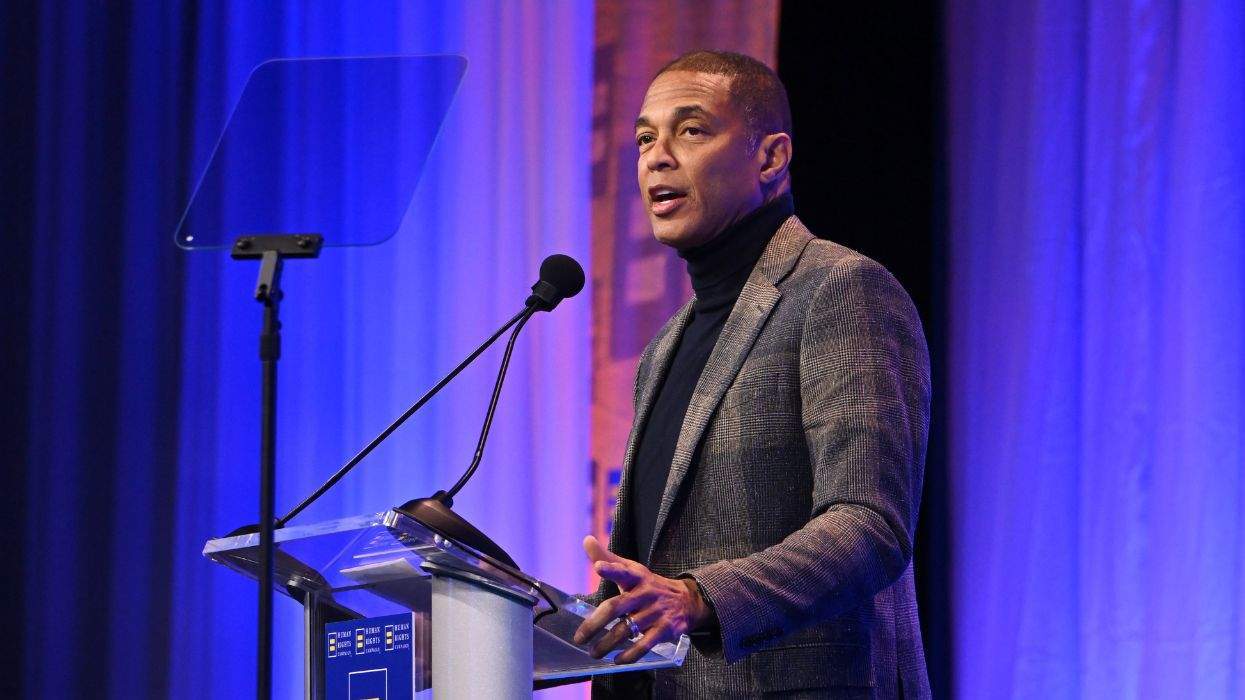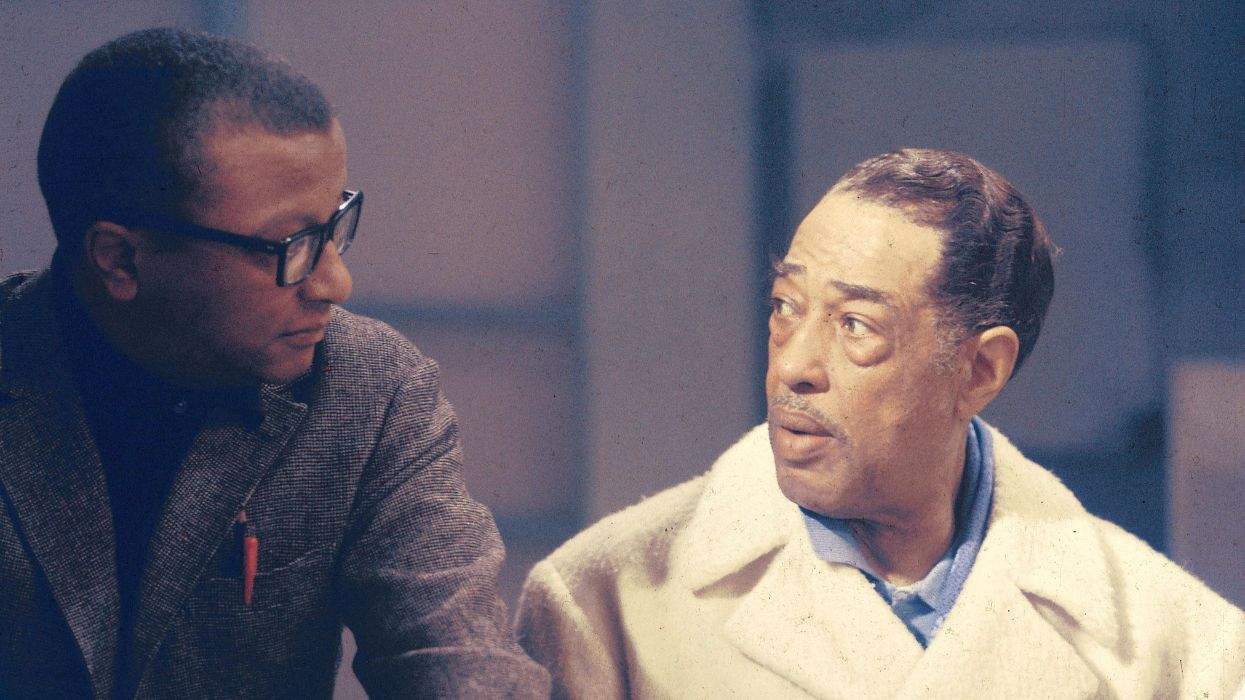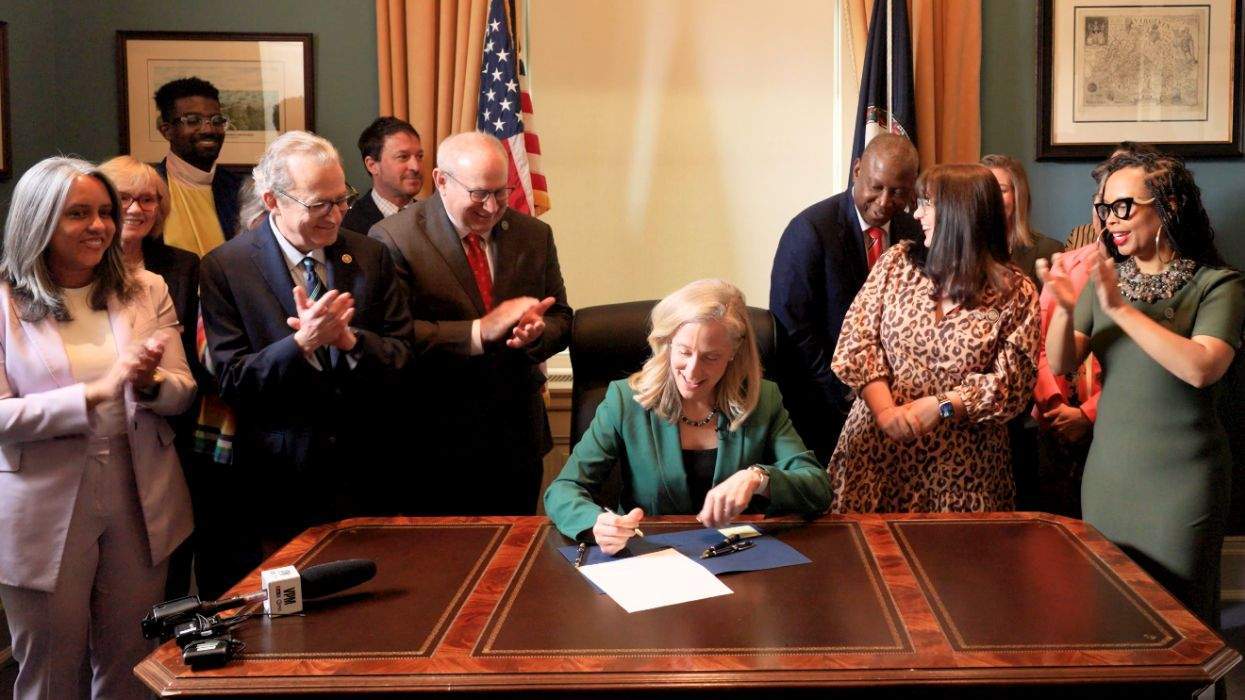With the passing of Martin Luther King Jr. Day, many people are looking for meaningful ways to honor his legacy. King spent his life's energy--and ultimately gave his life--working towards building a country that valued and treated all men and women equally. He believed in a democracy that worked for all Americans in spirit and in deed.
We may remember best King's "I Have a Dream" address to a quarter of a million people on the Mall in Washington, D.C. Or his role in the nonviolent Montgomery, Ala., bus boycott of 1955. His work towards ending racial segregation in the South sparked our country's civil rights movement. However, King understood deeply not only the racial inequalities in the United States but also the underpinning of economic injustice that kept African-Americans from full and fair participation in society. He understood how the legacy of slavery led to a "debilitating and grinding poverty [that] chain[ed] [African-Americans] to the lowest rung of the economic ladder," as he stated in his acceptance speech for the 1964 Nobel Peace Prize.
It is impossible to untangle the twin serpents of racism and economic injustice. As the rabbi of the one of the country's oldest synagogues devoted to serving lesbian, gay, bisexual, and transgender people, I have a unique perspective on King's legacy. I believe a Judaism that is not concerned and actively involved in the important social justice issues of the day is a Judaism that is ultimately bankrupt.
Ten days before he was assassinated, King was introduced to the Rabbinical Assembly by Rabbi Abraham Joshua Heschel. Rabbi Heschel called on "every Jew to hearken to [King's] voice, to share his vision, [and] to follow his way."
How can we best honor King's legacy today and continue to repair the wrongs of racism? Sometimes as a community we have to take the steps of atonement, apology, and restitution. We are familiar with one form of restitution: German reparations to the Jewish people for the criminal acts perpetrated in the 1930s and 1940s during the Holocaust. Nobody said that reparations would make things even, but we felt that Germany must do more than make an apology. And apology felt empty. There had to be some kind of restitution.
There have been other national examples of public apology and financial restitution to exploited peoples. The United States paid reparations--albeit meager--for the horrendous and morally unjustifiable internment of Japanese-Americans during World War II. We set up a trust fund to pay for the health and education of the surviving residents of our nuclear bomb testing on the Bikini Atoll. And minimal restitution has been made to Native Americans in the form of free health care and education.
The United States was built on slave labor. We not only financed the international slave trade, we supported it with our laws and with our courts. The racism that persists with us to this day is the legacy of the morally bankrupt enslavement of millions of Africans and the ensuing economic oppression of African-Americans.
I want to shine a light on a poignant bill soon to be reintroduced in Congress. Rep. John Conyers of Detroit, the congressman who introduced the bill every year for 15 years until it was passed to make Martin Luther King Jr. Day a holiday, will shortly reintroduced a bill called H.R. 40. The number of the bill reminds us of the unkept promise, the so-called restitution of forty acres and a mule guaranteed to every freed slave. H.R. 40 is an extremely modest bill. It calls for the establishment of a commission--not to determine what reparations or restitution should be, but simply to study the issue and to report back to Congress with some recommendations. The bill has been introduced every year since 1989 but has never gotten out of committee.
To honor King's legacy, we should demand an examination of the impact of slavery. Support for H.R. 40 is long overdue. It's time to think deeply about racism and its roots, to think about what it would take to make meaningful restitution. As a nation we must support H.R. 40 and devote some careful consideration to this issue. Unless we sit down with wise leaders to think through this issue and come up with solutions, the legacy of slavery will continue to live in our society.
Editor's Note: This op-ed was adapted from Rabbi Sharon Kleinbaum's sermon "Lift Every Voice and Sing: Communal Teshuvah, a Jewish Voice for Reparations," recently published in Listening for the Oboe, a collection of Kleinbaum's writings from her first 10 years as spiritual leader of New York City's Congregation Beth Simchat Torah.















Charlie Kirk DID say stoning gay people was the 'perfect law' — and these other heinous quotes
These are some of his worst comments about LGBTQ+ people made by Charlie Kirk.